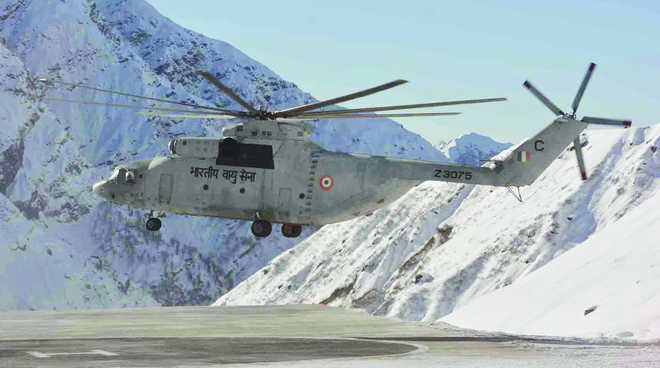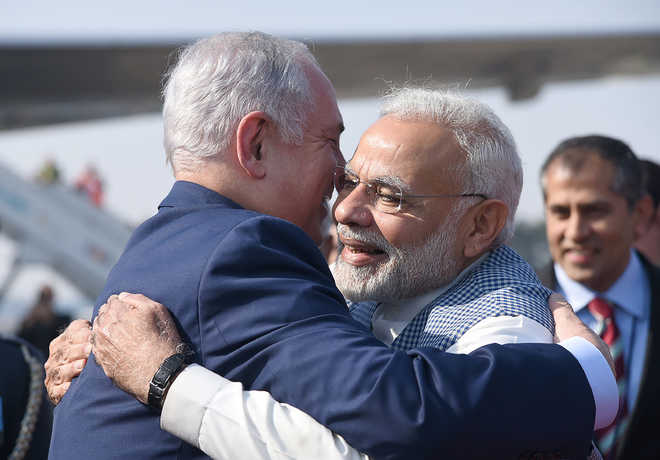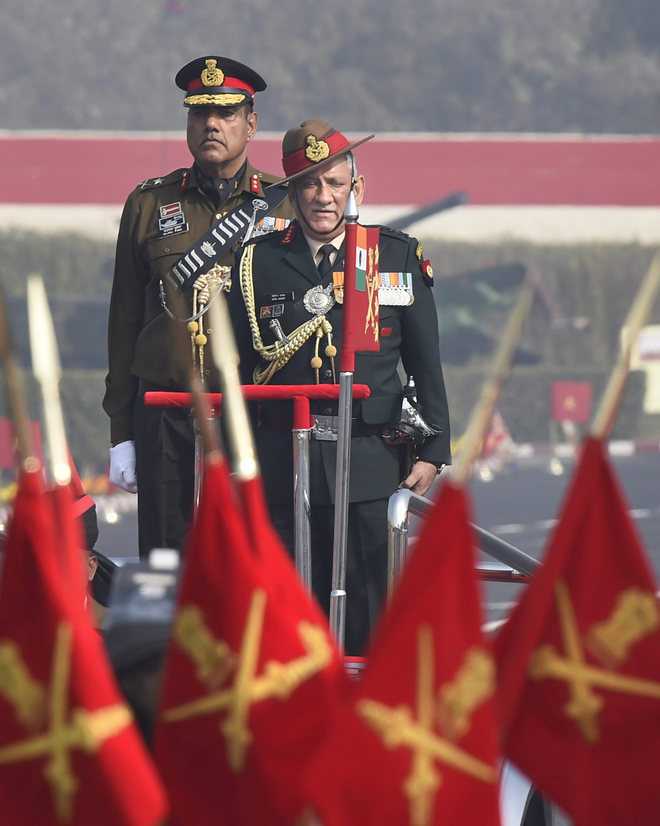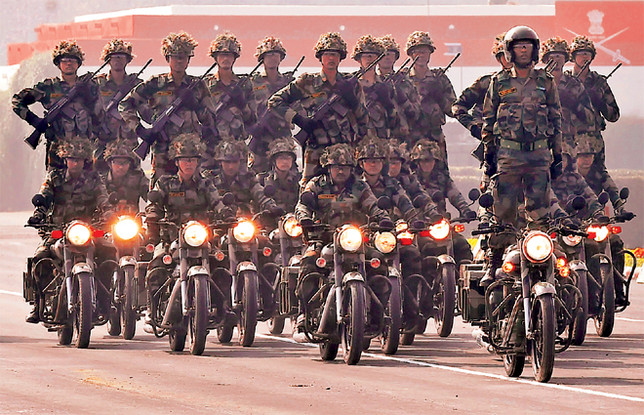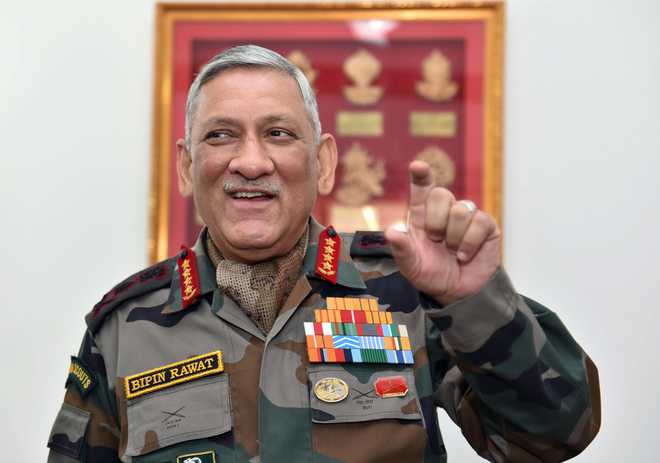Vijay Mohan
Tribune News Service
Chandigarh, January 15
The Ministry of Defence has issued orders to revise the salary of superannuated officers who have subsequently opted for re-employment in the armed forces, consequent to the implementation of the Seventh Pay Commission.Re-employed officers in the defence services after retirement have been excluded from the purview of the respective Army, Navy and Air Force Officers Pay Rules 2017 that had re-fixed the salaries of regular officers last year.The pay revision for re-employed officers will cover all such officers who were under re-employment on or after January 1, 2016, the date of effect for the Seventh Pay Commission, the ministry’s orders issued earlier this week state. As a welfare measure and also to mitigate shortage of officers, the defence services offer re-employment to retired officers up to the rank of Brigadier for a maximum four years.The existing ceiling of Rs 80,000 per month for drawing pay plus gross pension on re-employment has been enhanced to Rs 2.25 lakh per month, the maximum basic pay prescribed for officers under Level 17 of the new pay matrix. The ‘ignorable part’ of pension, which is the amount that is not considered for deduction while calculating the pay for re-employment, has been enhanced from Rs 4,000 to Rs 15,000.The initial pay of a re-employed officer will be fixed in accordance with Rule 7 of the Army, Navy and Air Force Officers Pay Rules, which deals with the methodology of pay fixation of regular officers in the revised pay matrix as per their rank and seniority and the recommendations of the pay commission thereof.Revised pension under the Seventh Pay Commission, as applicable to the officer on retirement, excluding the ‘ignorable part’ of the pension, shall be deducted from the pay on re-employment in live with the general policy of the government, though they will be entitled to dearness allowance and military service pay with effect from January 2016. In addition to the revised pay, re-employed officers will continue to draw retirement benefits that they were permitted to get under pay commission recommendations.








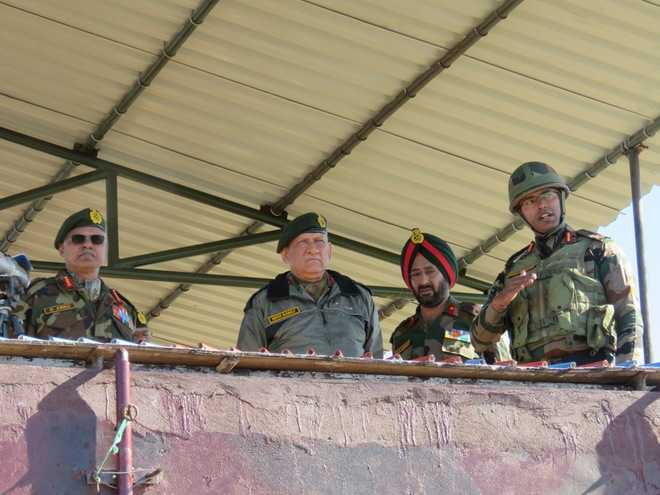
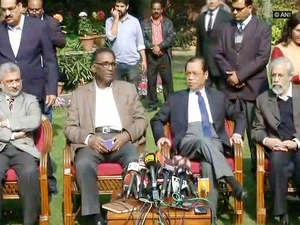







 AP FILE
AP FILE